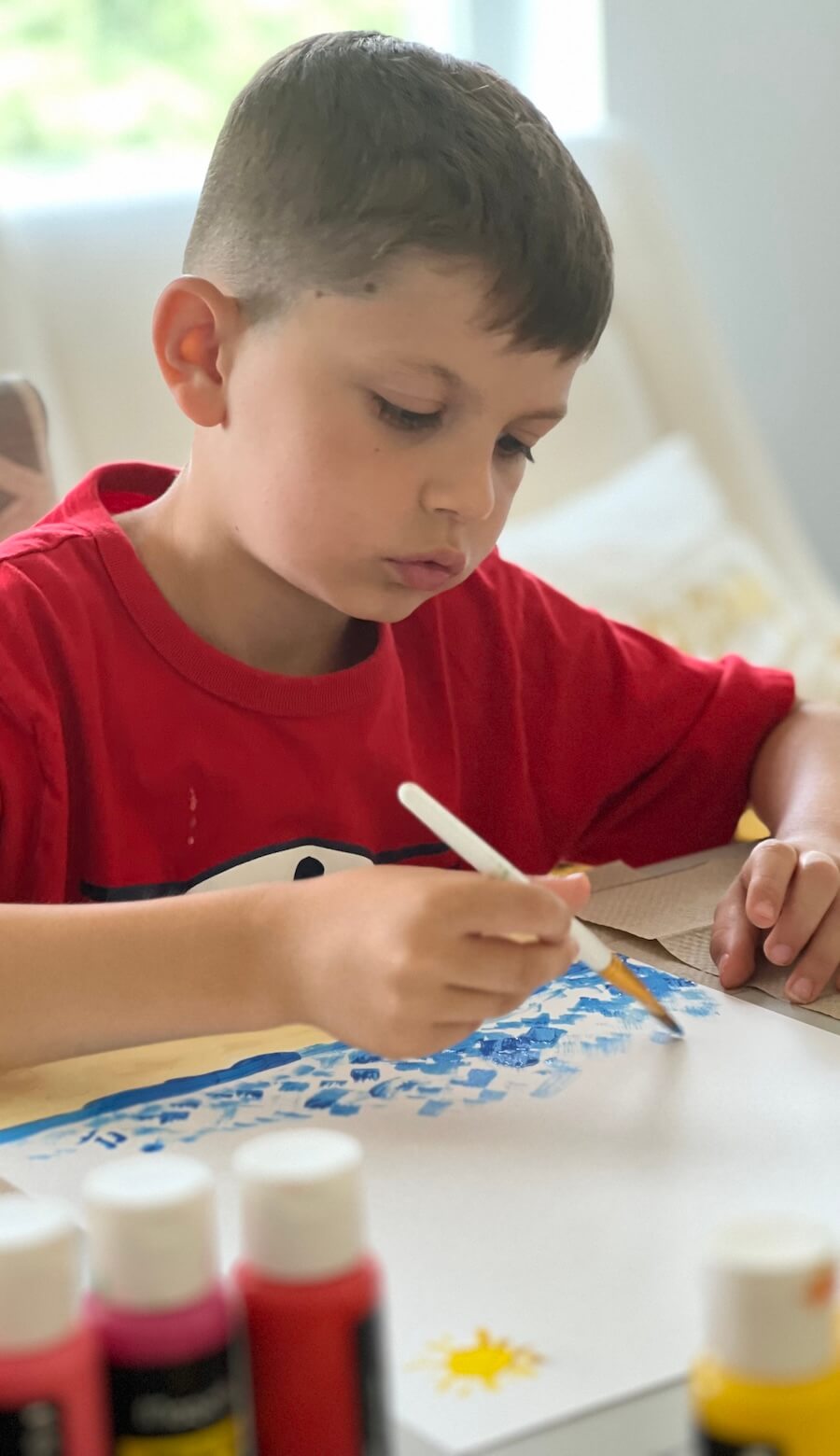Play Therapy: Healing Through Play

What is Play Therapy?
Play therapy is a therapeutic approach that uses play to help children express their feelings, explore their experiences, and work through psychological difficulties. It is based on the understanding that play is a natural way for children to communicate and make sense of the world around them. Through play, children can process complex emotions and develop coping skills in a safe and supportive environment. Play therapy is facilitated by a trained play therapist who uses various play materials and techniques to engage the child and support their emotional and psychological development.
How Does Play Therapy Work for Children?
Play therapy works by providing children with a safe space where they can express themselves freely through play. The therapist observes the child’s play patterns and behaviors, and uses these observations to gain insights into the child’s emotional state and underlying issues. Through the therapeutic process, the child can explore and express their feelings, learn problem-solving skills, and develop healthier ways of coping with challenges.
Therapeutic Techniques in Play Therapy
Directive Play Therapy
The therapist provides specific guidance or activities to address particular issues. For example, the therapist may use role-playing to help a child deal with social anxiety.
Expressive Arts
Incorporating drawing, painting, and other creative activities to help children express their feelings and experiences.
Sandtray Therapy
Using a sandbox and miniature figures to create scenes that represent the child’s inner world and experiences.
Non-Directive Play Therapy (Child-Centered Play Therapy)
The child leads the play session, choosing their activities and themes. The therapist follows the child’s lead, offering support and interpreting the play as needed.

Goals and Benefits of Play Therapy
The primary goal of play therapy is to help children achieve optimal mental health and well-being. Specific goals can vary depending on the child’s needs but often include:
- Emotional Expression: Helping children express and process their feelings in a safe environment.
- Behavioral Improvement: Reducing problematic behaviors and promoting positive behavior changes.
- Social Skills Development: Enhancing communication and social interaction skills.
- Coping with Trauma: Assisting children in processing and recovering from traumatic experiences.
- Problem-Solving Skills: Developing the ability to solve problems and make decisions.
- Self-Esteem and Confidence: Building a positive self-image and boosting self-confidence.
Who Can Benefit from Play Therapy?
Play therapy can benefit children of all ages, from toddlers to adolescents. It is particularly effective for children dealing with a variety of issues and challenges, including:
- Emotional and Behavioral Disorders: Anxiety, depression, ADHD, and oppositional defiant disorder.
- Trauma and Abuse: Physical, emotional, or sexual abuse, as well as exposure to domestic violence or natural disasters.
- Developmental Issues: Autism spectrum disorder, developmental delays, and learning disabilities.
- Family Changes: Divorce, separation, adoption, or the arrival of a new sibling.
- Grief and Loss: Mourning the death of a loved one or dealing with significant life changes.
- Social Challenges: Difficulty making friends, bullying, and social anxiety.
What to Expect in Play Therapy

Duration and Frequency
Play therapy sessions typically last between 30 to 50 minutes and are usually held on a weekly basis. The duration and frequency of sessions can vary depending on the child’s needs and treatment goals.

First Session
During the initial session, the play therapist will meet with the child and their parents or caregivers to conduct an assessment. This involves gathering information about the child’s history, current issues, and treatment goals. The therapist will introduce the child to the playroom and explain what to expect in future sessions. The first session is an opportunity for the therapist and child to begin building a trusting relationship.

Subsequent Sessions
In subsequent sessions, the child will engage in various play activities, guided by the therapist. The therapist will observe the child’s play, provide support, and intervene as needed to help the child process their emotions and experiences. Each session will be tailored to the child’s individual needs and progress.
Frequently Asked Questions
What age group is play therapy suitable for?
Play therapy is suitable for children of all ages, from toddlers to adolescents. It can be adapted to meet the developmental needs of each child.
How long does it take to see results from play therapy?
The length of time it takes to see results can vary depending on the child and their specific issues. Some children may start to show improvement after a few sessions, while others may take longer.
Can parents be involved in play therapy sessions?
Parents are often involved in the initial assessment and may be included in some sessions, especially if family dynamics are part of the therapy process. The therapist will provide guidance on how parents can support their child’s progress.
Is play therapy covered by insurance?
Coverage for play therapy varies by insurance plan. It is best to check with your insurance provider to determine if play therapy is included in your coverage.
What kind of toys and materials are used in play therapy?
Play therapists use a wide range of toys and materials, including dolls, action figures, art supplies, sand trays, and board games. The therapist selects materials based on the child’s needs and preferences.
How is progress measured in play therapy?
Progress in play therapy is often measured through therapist observations, parent reports, and changes in the child’s behavior and emotional state. The therapist may also use standardized assessment tools.
Can play therapy help with trauma?
Yes, play therapy is particularly effective in helping children process and recover from traumatic experiences. It provides a safe space for children to express their feelings and make sense of their experiences.
How do I know if my child needs play therapy?
If your child is experiencing emotional or behavioral difficulties that are affecting their daily life, play therapy may be beneficial. A consultation with a play therapist can help determine if play therapy is appropriate for your child.
What qualifications do play therapists have?
Play therapists are licensed mental health professionals with specialized training in play therapy techniques. They often hold certifications from professional organizations such as the Association for Play Therapy (APT).
Can play therapy be conducted online?
While play therapy is typically conducted in person, some therapists may offer online sessions, especially during times when in-person sessions are not possible. Online play therapy can include activities such as drawing, storytelling, and interactive games.
Pricing and Insurance Information
Play therapy is covered by most insurance plans.
- Intake: $250
- Session 53 min: $200
- Session 40 min: $150
Play therapy provides a unique and effective way for children to work through emotional and behavioral challenges.
By using the natural language of play, children can express their feelings, develop coping skills, and achieve greater emotional well-being. If you believe your child could benefit from play therapy, we invite you to contact our office to schedule a session with one of our certified play therapists and begin the journey towards healing and growth through play.
